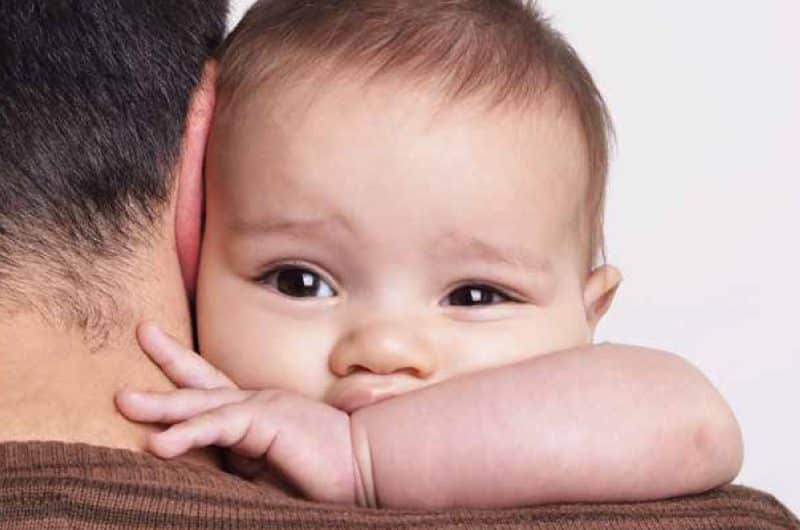It’s not just mums who can suffer from pre and post-natal depression, dads are also at risk.
Researchers have mainly studied pre and post-natal depression in Mums in recent years. But new research findings show that dads’ mental health can also suffer in the transition to parenthood*.
For many men, the transition to fatherhood is a time of happiness, excitement and love. But it can also be a time of great upheaval and anxiety. The research found that the structured transition that tends to guide women’s experiences of pregnancy, childbirth and early parenting is lacking for expectant fathers. In the absence of such structure, expectant fathers in the study found themselves ‘in a kind of limbo … between social statuses, neither one thing nor the other‘.
Another Australian study of fathers-to-be found that ‘men struggled to come to terms with the reality of the pregnancy, their changing relationships and potential economic stability‘.
Risk factors in fathers associated with pre-natal and post-natal depression include:
- ethnicity,
- parenting stress, and
- personality style.
Maternal depression and the quality of the marital relationship have also been associated with pre and post-natal depression in dads. Low social support is a risk factor that increases markedly for single, separated or divorced fathers. Men’s psychological state before and during pregnancy also appears to have a strong bearing on their likelihood of developing post-natal depression.
KEY FINDINGS
- Anxiety in fathers has been associated with decreased warmth in father-child relationships, controlling parental behaviours,
and a lack of assistance provided to children’s mothers. - Poor mental health can impact on parenting capacity and behaviour as well as parentchild relations, by contributing to discord or violence within families.
- Mothers’ mental health problems were more closely related to younger children’s outcomes, while fathers’ had stronger effects
on older children. This finding appears to reflect cultural norms, as mothers tend to act as primary caregivers during early development, and fathers become increasingly involved with child development
as their kids mature.
- Anxiety in fathers has been associated with decreased warmth in father-child relationships, controlling parental behaviours,
*published by the Australian Institute of Family Studies
Things you can do
- Prepare for childbirth and the transition to being a father. Attend courses, read up on parenting books, articles etc.
- Write a blog of your own and share your journey with other expectant dads.
- Make enquiries at hospital or community level about the availability of a support group for fathers.
- Ask for help to support a partner suffering from pre- or post-natal depression.
- Set up a support group of relatives and friends who can be called on to help out when the going gets tough - especially for single dads.
- Pay attention to healthy eating, exercise and sleep patterns.
- Factor in leisure and down time away from partner and children if necessary.
- Seek professional help and guidance for mental illness of any kind.
“Poor mental health such as depression, can profoundly influence men’s understanding of themselves as fathers, the ways in which they communicate with their children and others about the illness, their efforts at selfmanaging their illness, and their help-seeking behaviours."
Michael Bernard





